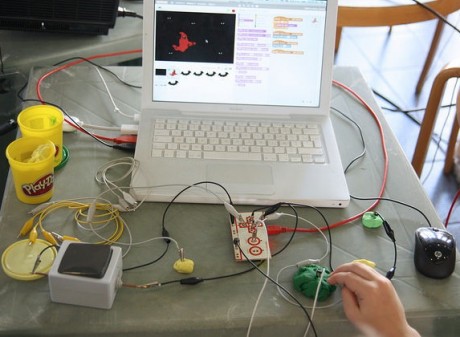Technological advancements in computer education for development are essential in modern society, but their access is uneven. Developing countries, facing economic and infrastructural challenges, struggle to provide adequate computer education. However, these countries have started to bridge this gap through technological advancements.
Access to technology: Affordable smartphones and tablets have significantly expanded access to computing. Government initiatives and public-private partnerships have also strengthened internet infrastructure.
Online education programs: Developing countries have embraced online education programs, making computer courses accessible to remote students. Platforms such as Coursera and Khan Academy offer free or low-cost online courses, enabling the acquisition of essential skills remotely.
Teacher training: It is essential to train competent teachers for effective computer education. Many developing countries have launched teacher training programs, including online modules and practical workshops.
International partnerships: International cooperation is crucial for the development of computer education. UNESCO and technology giants collaborate to provide resources, funding, and technical expertise, thus enhancing computer skills in these regions.
In conclusion, advanced technologies in the field of computer education have significantly improved access to this crucial discipline in developing countries. While challenges remain, such as the persistent digital divide and the need for financial resources, the progress made so far is promising. Access to computer education is becoming more inclusive, helping these countries develop essential skills for the digital age.
